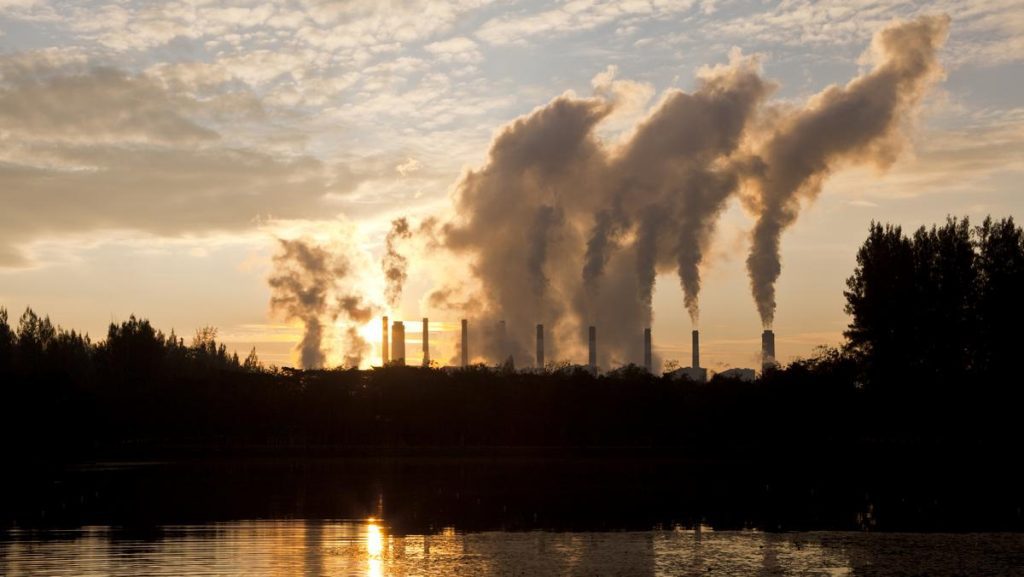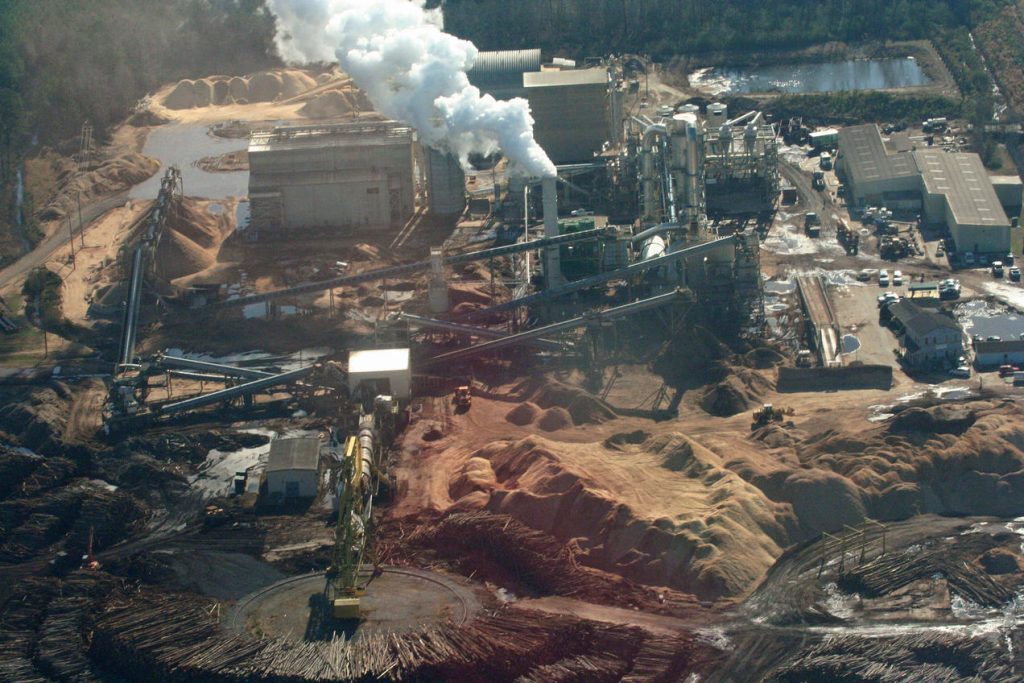Pollution issues in north carolina
✓ Experienced customer friendly staff
✓ No hassle no hidden fee dumpster rentals
✓ Get a quote now: (704) 368-1667
✓ Fastest delivery and pickup
✓ Join hundreds of satisfied customers
North Carolina is the most harmful state when it comes to something that is bad for our soil, air, and water.
North Carolina has more tonnes of manure per acre of farmland than any other state. This is because hog, chicken, and turkey farms have grown and become more intensive.
Most of the chicken, cattle, and hogs we eat today were raised differently than they would have been fifty or sixty years ago.
Family farms back then had a few pigs, chickens, or cows, among other things. Now, it’s not unusual for a chicken farm to have 100,000 or more birds at the same time, and these birds make a lot of waste.
Pigs and cows are pretty much raised the same way: in huge numbers, in barns that are too crowded, and with too much waste to handle safely. In the ten years that ended in 2007, the number of hog farms in the coastal plain grew by more than 45 percent. About 10 billion gallons of hog waste are made each year in North Carolina. This waste is kept in open cesspools and then sprayed on cropland.
In the past, waste from animals was used as fertiliser. But these huge meat factories make more waste than the nearby farmland can handle.
On any given day, about 9 million pigs, 776 million cattle, more than 161 million broiler chickens, and 16 million turkeys live in North Carolina. Together, these animals make about 147,500,000,000,000 pounds of waste every day. More than 1.24 million pounds of nitrogen and 434,000 pounds of phosphorus are in that manure.
At chicken and turkey farms in North Carolina, this waste is kept in huge piles. If these piles are left open during rainstorms, their contents can wash into nearby rivers and kill fish.
The coastal plain, which has porous soil and a high water table, is where most of the state’s hog farms are located. Operations often spray the land with more phosphorus than plants need to grow. Runoff from spray fields that have too much waste in them flows into our creeks, streams, and rivers. This makes dead zones.
Three important things to know about the effects of industrial meat operations on the environment and health, and what we can do about them:
Pollution in the water: A study by the U.S. Geological Survey and the North Carolina Department of Environmental Quality found that industrial pig and chicken farms polluted watersheds more than farms that did not pollute watersheds.
The threat that hog waste cesspools pose to water quality is very bad. At least six hog waste cesspools were damaged by Hurricane Florence in 2018, and about 33 of them let waste into nearby waterways. During Hurricane Floyd in 1999, at least 30,000 hogs drowned because 26 hog cesspools broke and 45 others were damaged.
Because of this, hog farms shouldn’t be allowed in the 100-year and 500-year floodplains. Storms are getting stronger and more frequent, and these places are just too vulnerable to them.
Ammonia emissions: Animal farming is the biggest source of ammonia emissions in the U.S. In a study done by Iowa State University, it was found that just two chicken houses in western Kentucky gave off more than 10 tonnes of ammonia over the course of a year. Ammonia is a gaseous form of nitrogen that has effects on the environment. For example, it can kill fish and cause dead zones in waterways. It can also hurt your health. Asthma has been linked to long-term exposure to ammonia.

The Waterkeeper Alliance has been pushing for this change for a long time. One solution is to require animal farms to report these dangerous emissions.
Soil oversaturation: Because of how waste is handled at industrial pig and chicken farms, the soil gets more phosphorus than it can absorb.
Under pressure from groups like Waterkeeper Alliance and North Carolina riverkeepers, the state told hog farms for the first time last year that they had to check the amount of phosphorus in the soil and stop spraying waste on a field if there was a high risk of phosphorus pollution.
This new rule is being fought by the North Carolina Farm Bureau, which is the trade group for the state’s agriculture industry. Keeping the requirement is important for the quality of the water because too much phosphorus causes algae blooms. We need to keep it for the health of our rivers.
What effects does breathing north carolina’s polluted air have?
Polluted air can make people sick, even if they are otherwise healthy. Each year, it keeps North Carolinians from going to work for 500,000 days and gives them millions of runny noses and shortness of breath. Air pollution is thought to be the reason why 2,000 people go to the hospital for heart problems and 6,000 people go to the hospital for lung problems every year.
National statistics show that poor diet and lack of physical activity are the two main reasons people die young. Smoking comes in third. Air pollution causes thousands of sick days missed from school and the deaths of a few babies every year.
Does North Carolina Have Air Pollution?
Most of the time, “The Ozone Season” means the time from the start of February to the end of October. The projects were started from a central office. The old regional forecast system was changed to a county-based system so that the data could be organised and made available as soon as possible. The air quality index will still be used to track and predict ozone and particulate matter, or PM2.5, to help people in North Carolina plan their outdoor activities (AQI). It will also show the right colour codes for the AQI.
The Earth’s stratosphere is filled with a gas called ozone, which is safe and helps protect us from harmful ultraviolet rays. At floor level, though, ozone is a dangerous pollutant that gives the lungs a “sunburn” that causes inflammation and makes it hard to breathe.
Nitrogen oxides (NOx) mix with hydrocarbons in the air on warm, sunny days with little wind to make ozone. North Carolina’s main sources of air pollution (power plants, industry, and cars) are continuing to cut back on pollution, so ozone levels are continuing to go down. Ozone was once the state’s biggest air quality problem and a cause of breathing problems.

The Value Of Local Initiatives In North Carolina
Even though North Carolina’s drinking water is very dirty, there is still hope. When talking about the state’s fight against water pollution, a state representative stressed the importance of small-scale dumpster rentals projects.
Even though it’s a shame that many of North Carolina’s pending environmental bills will be dropped, the fact that there are so many of them shows that the state needs more laws to protect the environment. Even though there are laws like this, grassroots efforts are still needed to keep things moving forward. The $12 million fine given to Chemours, a chemical plant that polluted the drinking water in the Cape Fear River, shows this.
Problem with water pollution in north carolina
After North Carolina regulators decided to back Duke Energy, projects that needed action moved more slowly. When we look back, it’s too bad that North Carolina didn’t seem to hold Wind Energy accountable, which made this choice look like business as usual.
Regulators seemed to always back Duke Energy, no matter what the public did. Until recently, there were not many rules about how to store coal ash. North Carolina had 31 coal ash ponds, so there were many ways for coal ash to leak into the groundwater and contaminate drinking water. Federal law now says that nuclear waste ponds with structural problems have to be closed down.
Even though it would be easy to think that this announcement means that North Carolina’s drinking water is no longer polluted, this is not the case. Even right now, the Wake County Water Quality Division has found dangerous levels of radon, radium, and uranium in private wells. Since this supply is being pushed into tens of thousands of homes, it is clear that the problem has become more urgent over time. Even though the problem has been around for a while, too many North Carolinians don’t seem to know about it.
The pollution issues in North Carolina, as highlighted by the Dumpster Rental Kannapolis NC, underscore the pressing need for concerted efforts to address and mitigate environmental degradation. The improper disposal of waste, inadequate waste management practices, and the resultant pollution have significant repercussions on both public health and the ecosystem.
✓ Experienced customer friendly staff
✓ No hassle no hidden fee dumpster rentals
✓ Get a quote now: (704) 368-1667
✓ Fastest delivery and pickup
✓ Join hundreds of satisfied customers
